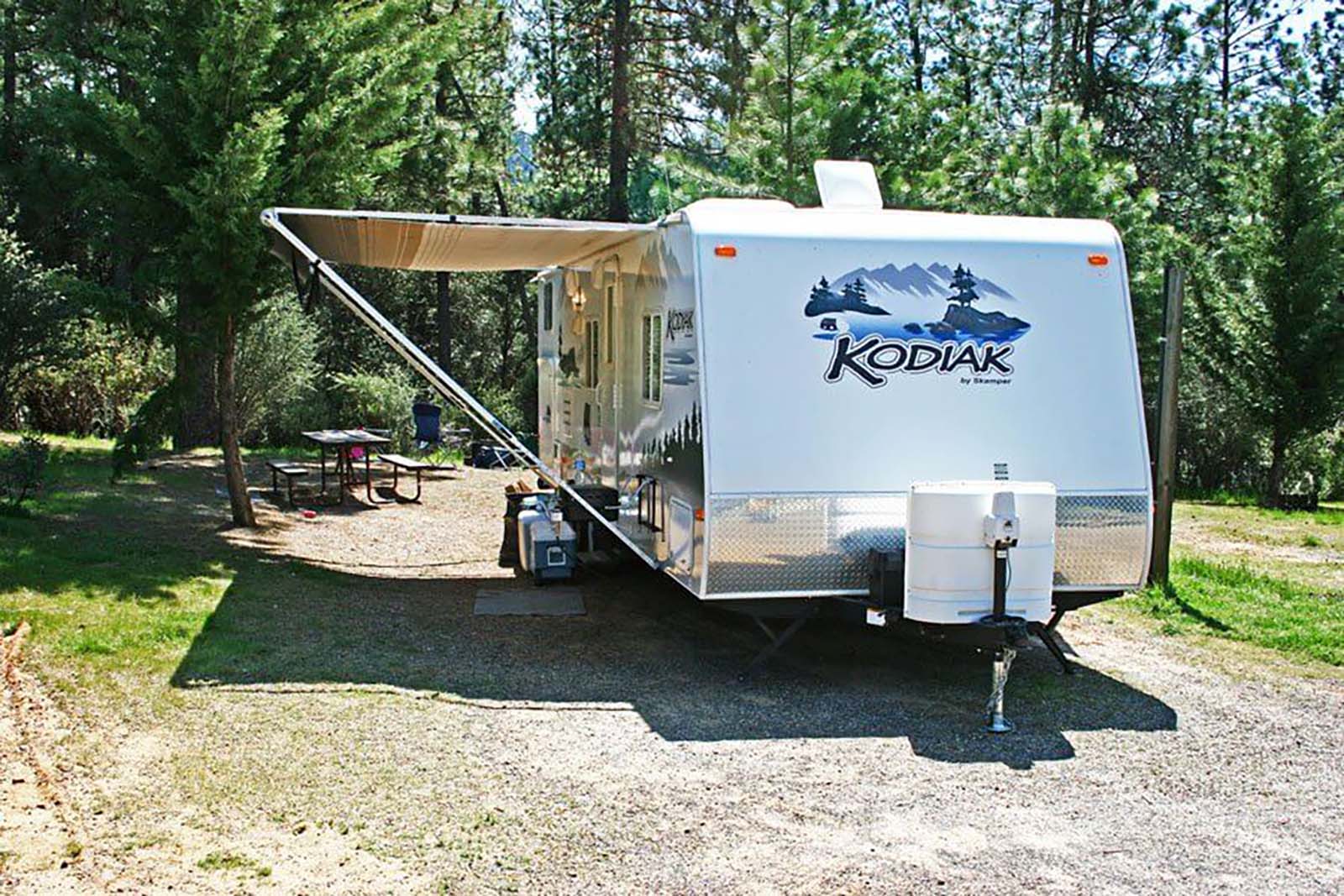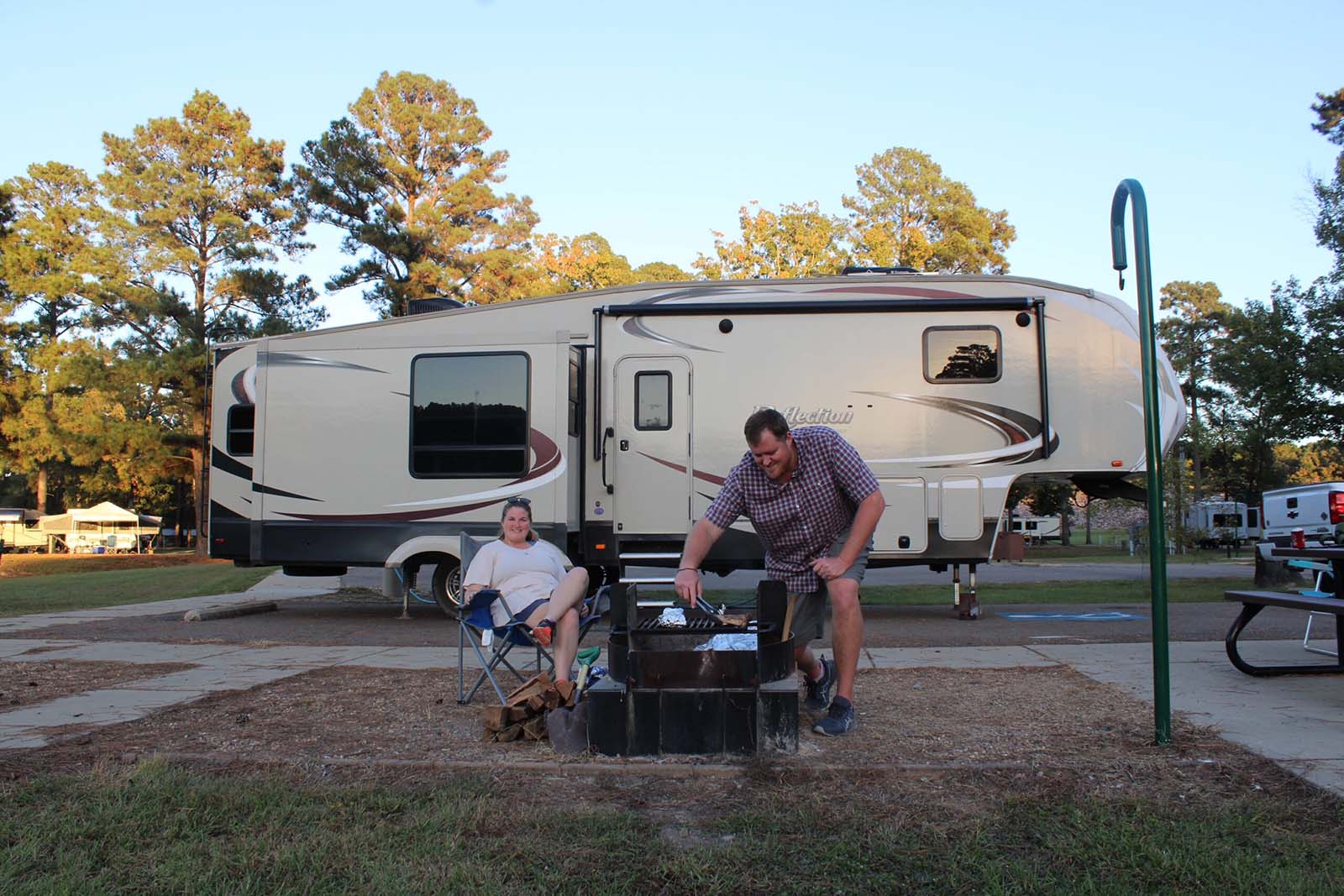Title: Understanding the Various Batteries Used in RVs: A Comprehensive Guide

Introduction: When it comes to powering an RV, having the right battery is crucial for a comfortable and enjoyable experience on the road. Let’s delve into the different types of batteries commonly used in RVs, their features, and their specific applications.
1. H2: Lead-Acid Batteries: Lead-acid batteries are widely used in RVs due to their affordability and reliability. They come in two main types: flooded lead-acid (FLA) and absorbed glass mat (AGM) batteries. FLA batteries require periodic maintenance, including checking electrolyte levels and ensuring proper ventilation. AGM batteries, on the other hand, are maintenance-free, making them a popular choice among RV enthusiasts.
2. H3: Lithium-Ion Batteries: Lithium-ion batteries have gained popularity in recent years due to their high energy density and longer lifespan compared to lead-acid batteries. They are more expensive upfront but provide a more efficient and reliable power source for RVs. Lithium-ion batteries are lightweight, have a higher charge acceptance rate, and can be discharged deeper without losing performance.

3. H3: Gel Batteries: Gel batteries are a variant of lead-acid batteries. They are sealed and have a gel-like electrolyte, eliminating the risk of leakage or spillage. These batteries are maintenance-free, highly durable, and can withstand deep discharges without significant damage. Gel batteries are an excellent choice for boondocking or dry camping, where the RV is not connected to a power source for prolonged periods.
4. H3: AGM Batteries: AGM batteries, as briefly mentioned earlier, have become increasingly popular in the RV community. They are known for their excellent performance and reliability. The Absorbent Glass Mat technology used in AGM batteries ensures a higher level of cyclic stability, quick recharge rates, and resistance to vibration. AGM batteries are an ideal choice for those seeking a balance between performance and affordability.
5. H3: Solar Batteries: Solar batteries are designed specifically for use with solar charging systems, commonly used in off-grid RVs. These batteries store the solar energy captured by the RV’s solar panels during daylight hours, making it available for use during the night or in low-light conditions. Lithium-ion, gel, and AGM batteries are often used as solar batteries due to their deep discharge capabilities and long lifespan.

Conclusion: Selecting the right battery for an RV is crucial for an enjoyable and hassle-free adventure. Factors such as usage requirements, budget, and desired features should be considered when making this decision. Whether it’s a more traditional lead-acid battery or a high-performance lithium-ion battery, understanding the different types available will help RV owners make an informed choice and maximize their enjoyment on the open road.

